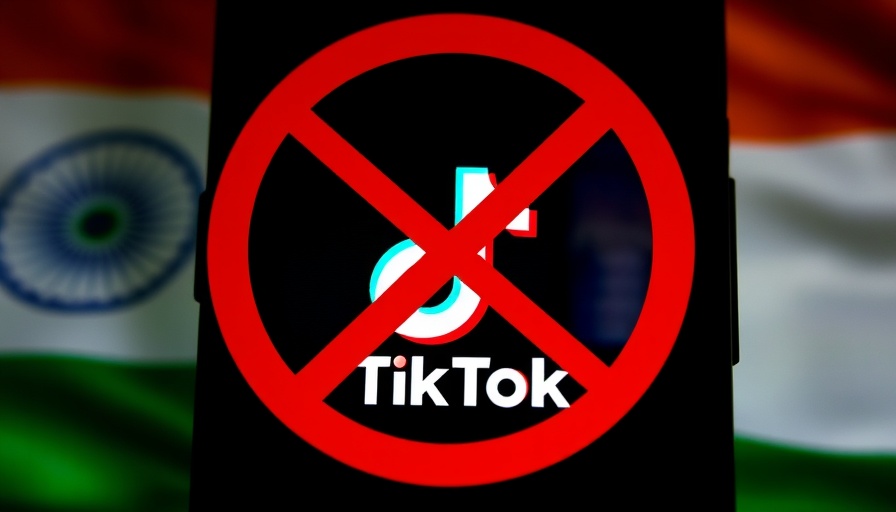
TikTok's Status in India: A Recap of Challenges
For more than five years, TikTok has faced a ban in India, a significant market for social media apps. The ban, imposed amid rising geopolitical tensions between India and China, aligns with the Indian government's increasing scrutiny of foreign apps perceived as security threats. Despite a brief flurry of reports suggesting that TikTok was making a comeback due to intermittent website access, the company has firmly stated that the ban remains in place, confirming that access is not restored and compliance with government directives is in full effect.
Media Speculation and the Reactivation Rumor
On a recent Friday, news outlets, seemingly caught in a whirlwind of excitement, reported that users were able to access TikTok’s website without a VPN, leading to speculation about a resurgence of the app in Indian cyberspace. Such access was fleeting and quickly clarified by both TikTok representatives and Indian government officials as a mere technical glitch. Notably, similar incidents have occurred in the past, such as in September 2022 when network level misconfigurations led to temporary access for users.
The Underlying Reasons Behind the Ban
The decision to ban TikTok was rooted in concerns about data privacy and national security. The Indian government has outlined that apps with ties to foreign companies could potentially serve as conduits for espionage or cyber threats, prompting a stricter regulatory environment for technology companies operating in India.
The Future of TikTok and Similar Apps in India
Much of the speculation surrounding TikTok's return also invites broader discussion about India's digital landscape and the future of tech companies in regions with complex international relations. While TikTok continues to navigate these waters, other tech giants have begun to take steps to comply with local regulations to avoid similar bans. There are growing calls for transparency and consistent policies regarding app usage and data management, particularly as emerging tech trends highlight the increasing significance of user data in the digital economy.
Comparative Analysis: TikTok and Other Social Platforms
This situation with TikTok isn’t isolated. Many tech platforms face challenges in balancing compliance with local laws while trying to retain their user bases. Platforms such as WeChat and Alibaba have also routinely dealt with scrutiny and rules from governments around the globe. The question remains: Can these platforms adapt quickly enough to remain relevant in targeted markets like India, especially against a backdrop of shifting political relationships?
Impact on Users and Content Creators
The ban has significant implications for the millions of users and content creators in India who relied on TikTok for entertainment and income. Influencers who made livelihoods from the platform have been forced to pivot to alternatives such as Instagram Reels and YouTube Shorts. While these platforms have gained traction, the unique editing features and community TikTok fostered remain unmatched in this domain.
Conclusion: What’s Next for TikTok?
The road ahead seems murky for TikTok in India. Only time will tell if tech regulations adjust to accommodate platforms like TikTok. Beyond the legal and technical aspects, public sentiment and user engagement will remain pivotal in any potential comeback. While TikTok has not been unblocked, the ever-evolving narrative of tech governance highlights the ongoing struggle at the intersection of innovation and regulation.
 Add Row
Add Row  Add
Add 



Write A Comment